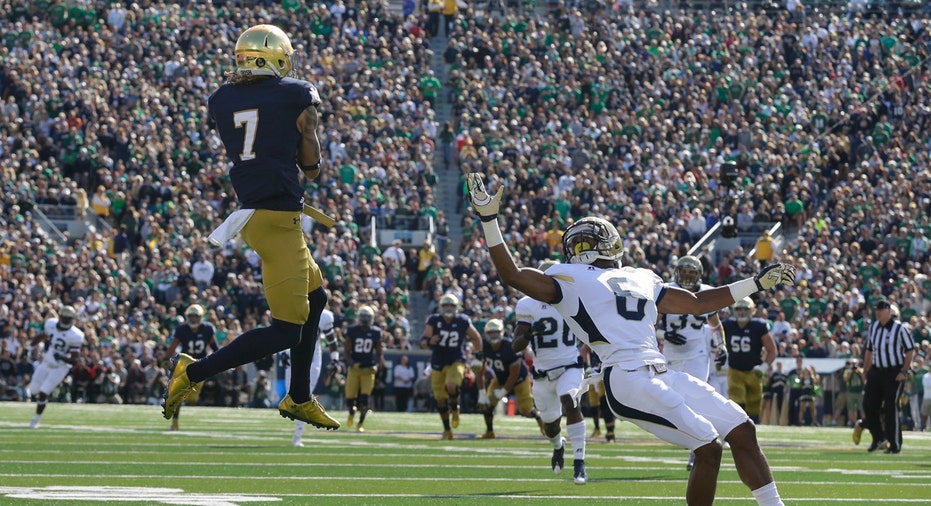Court Strikes Down Possible Payments to College Athletes

SAN FRANCISCO – A federal appeals court agreed Wednesday that the NCAA's use of college athletes' names, images and likenesses in video games and TV broadcasts violated antitrust laws but struck down a plan to allow schools to pay players up to $5,000.
The 9th U.S. Circuit Court of Appeals said the NCAA could not stop schools from providing full scholarships to student athletes but vacated a proposal for deferred cash payments.
"The difference between offering student-athletes education-related compensation and offering them cash sums untethered to educational expenses is not minor; it is a quantum leap," Judge Jay Bybee wrote. "Once that line is crossed, we see no basis for returning to a rule of amateurism and no defined stopping point."
A statement from NCAA President Mark Emmert said the organization agrees with the court that "allowing students to be paid cash compensation of up to $5,000 per year was erroneous."
"Since Aug. 1, the NCAA has allowed member schools to provide up to full cost of attendance; however, we disagree that it should be mandated by the courts," he said.
The NCAA had appealed U.S. District Judge Claudia Wilken's 2014 decision to allow players in the top division of college football and in Division I men's basketball to be paid. The money would have been put in a trust fund and given to them when they left school.
The decision came in a lawsuit filed by UCLA basketball star Ed O'Bannon and 19 others.
The NCAA was accused of violating antitrust laws by conspiring to block the athletes from getting a share of revenue generated by the use of their images.
The NCAA said paying college athletes would destroy its system of amateurism, and the rules designed to protect that system had never previously been found by courts to violate antitrust law.
NCAA attorney Seth Waxman cited a 1984 U.S. Supreme Court ruling during oral arguments before the 9th Circuit in March. The ruling said athletes must not be paid in order to preserve the character and quality of college athletics.
Plaintiffs' attorney Michael Hausfeld countered that the Supreme Court's comment was made in passing and was not integral to the outcome of that case.



















